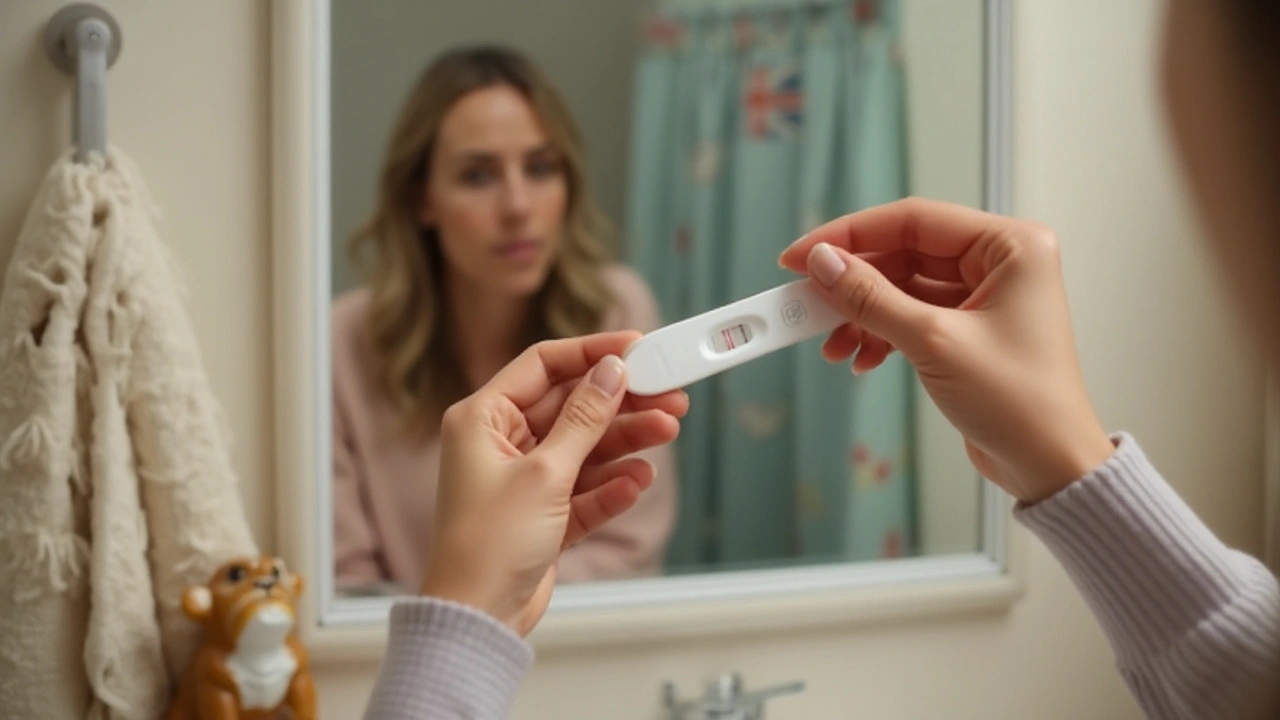Pregnancy Detection: What You Need to Know Right Now
If you think you might be pregnant, the first thing you want is clear answers. The good news is that spotting a pregnancy early is easier than most people realize. In this guide we’ll walk through the tell‑tale signs, when to take a home test, and how accurate those tests really are.
Spotting Early Signs Before a Test
The body often gives clues before you even notice a missed period. Common early signals include:
- Feeling unusually tired or shaky
- Slight breast tenderness or swelling
- Mild nausea, especially in the morning
- Light spotting called implantation bleeding
- Changes in sense of smell or cravings
These symptoms can also be caused by stress or hormonal shifts, so they’re not a guarantee. But if you see several together, it’s worth checking with a test.
Choosing and Using a Home Pregnancy Test
Home pregnancy tests (HPTs) are designed to detect the hormone hCG in urine. Here’s how to get reliable results:
- Timing matters. Wait until at least the first day you miss your period. Some ultra‑sensitive kits claim they work a few days earlier, but false negatives are more common if you test too soon.
- Follow directions exactly. Use the first-morning urine when possible – it’s most concentrated with hCG.
- Read the result within the window. Most tests give a 3‑minute reading time. Waiting longer can cause evaporation lines that look like positives.
If you get a positive line, treat it as confirmation and schedule an appointment with your doctor for a blood test or ultrasound. If the result is negative but you still miss periods, repeat the test after 48 hours – hCG levels double roughly every two days in early pregnancy.
When picking a brand, look for “100% accuracy” claims after day 1 of missed period. Reviews often mention how easy the test is to read; clear windows reduce confusion.
When to See a Healthcare Provider
A home test tells you whether hCG is present, but a clinician can confirm the pregnancy’s health and due date. Book an appointment if:
- You get two positive tests at home
- You have heavy bleeding or severe cramping
- You're over 35 and want early screening for genetic conditions
- You’re taking medication that could affect pregnancy (e.g., certain acne drugs)
During the first visit, expect a blood test, a pelvic exam, and possibly an ultrasound. The doctor will also discuss prenatal vitamins, lifestyle changes, and any medications you need to stop.
Bottom line: trust your body’s signals, use a reliable home test at the right time, and follow up with a professional if anything feels off. Detecting pregnancy early gives you more options and peace of mind, whether you’re planning ahead or just need answers fast.

